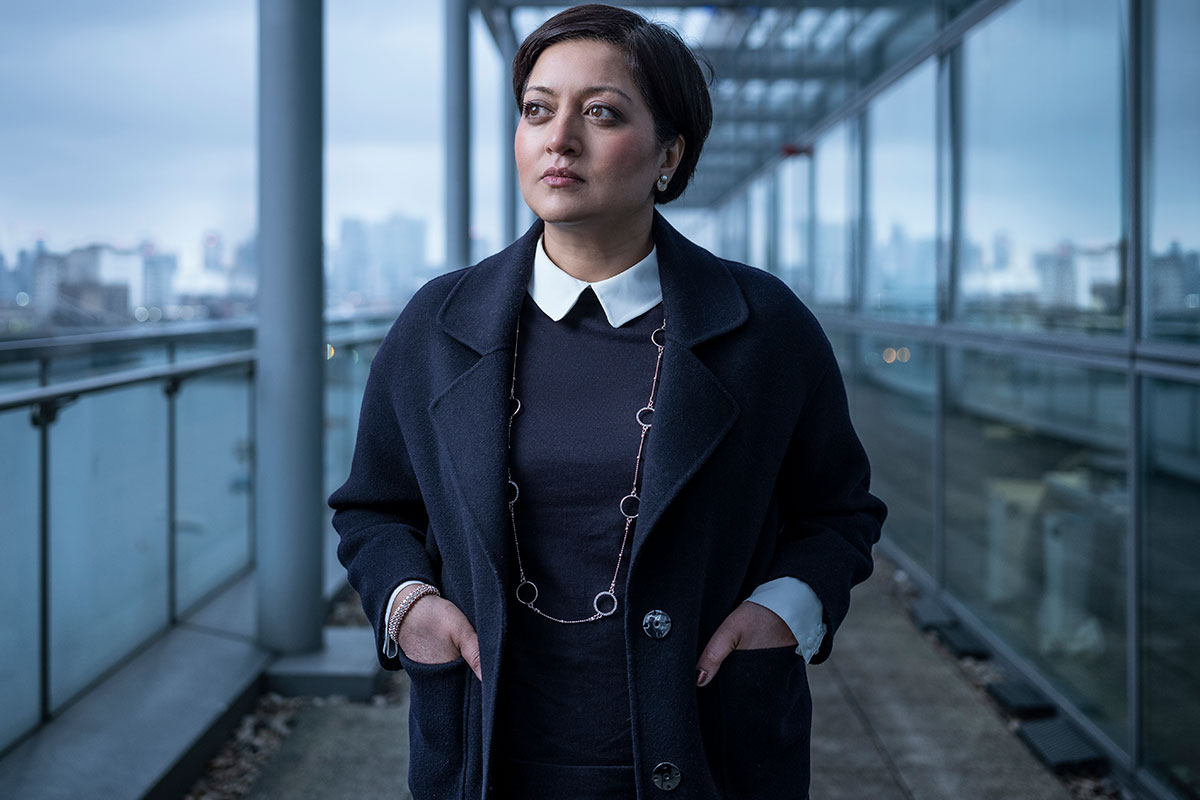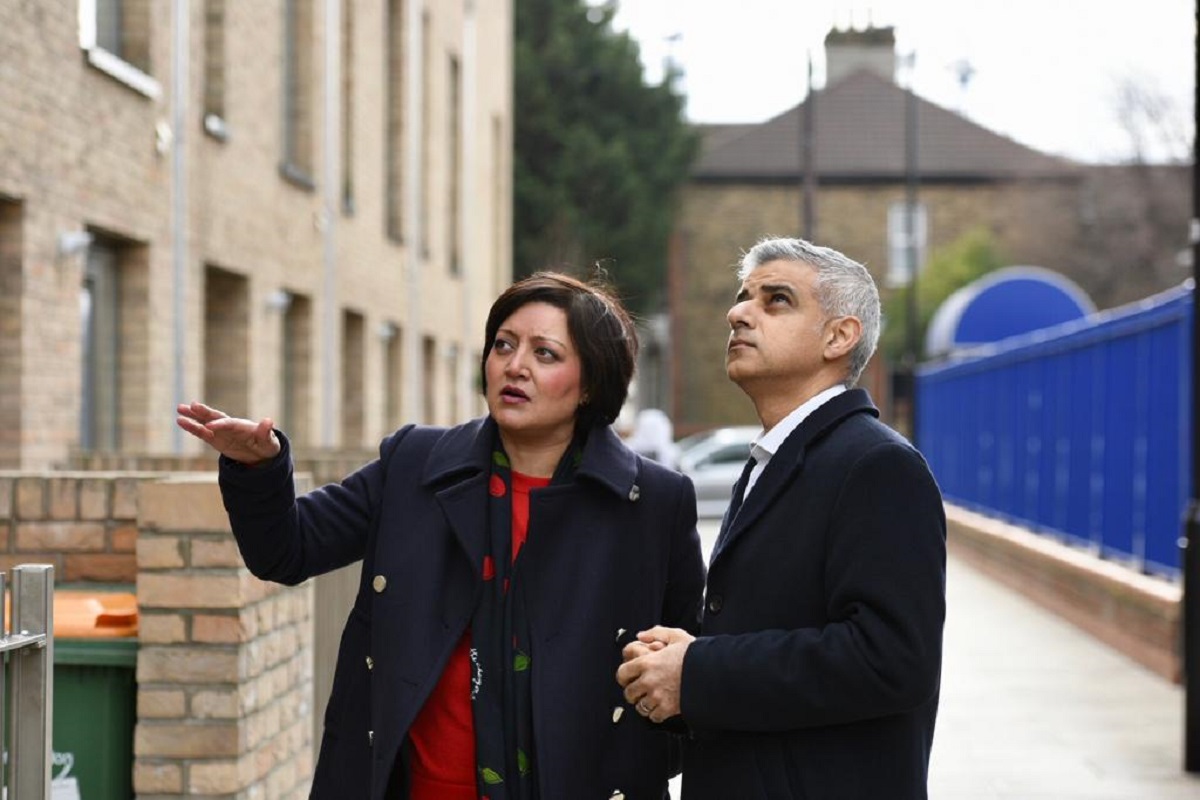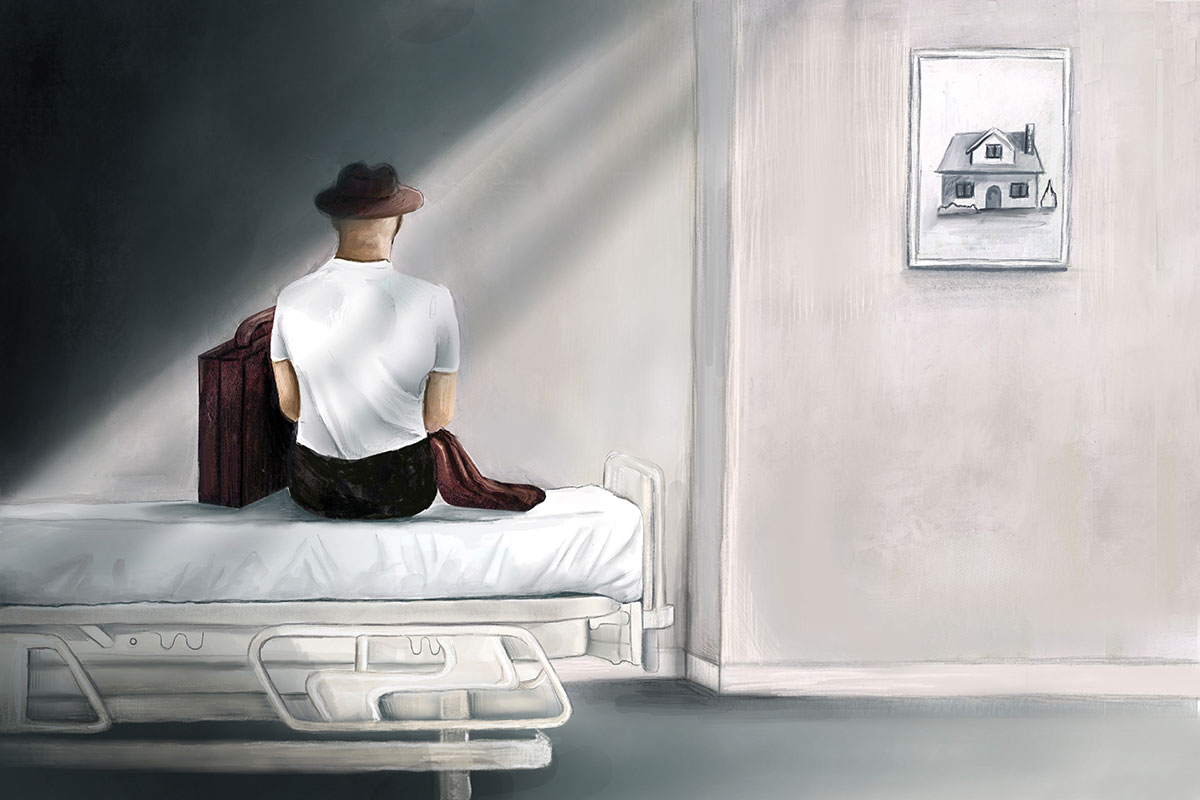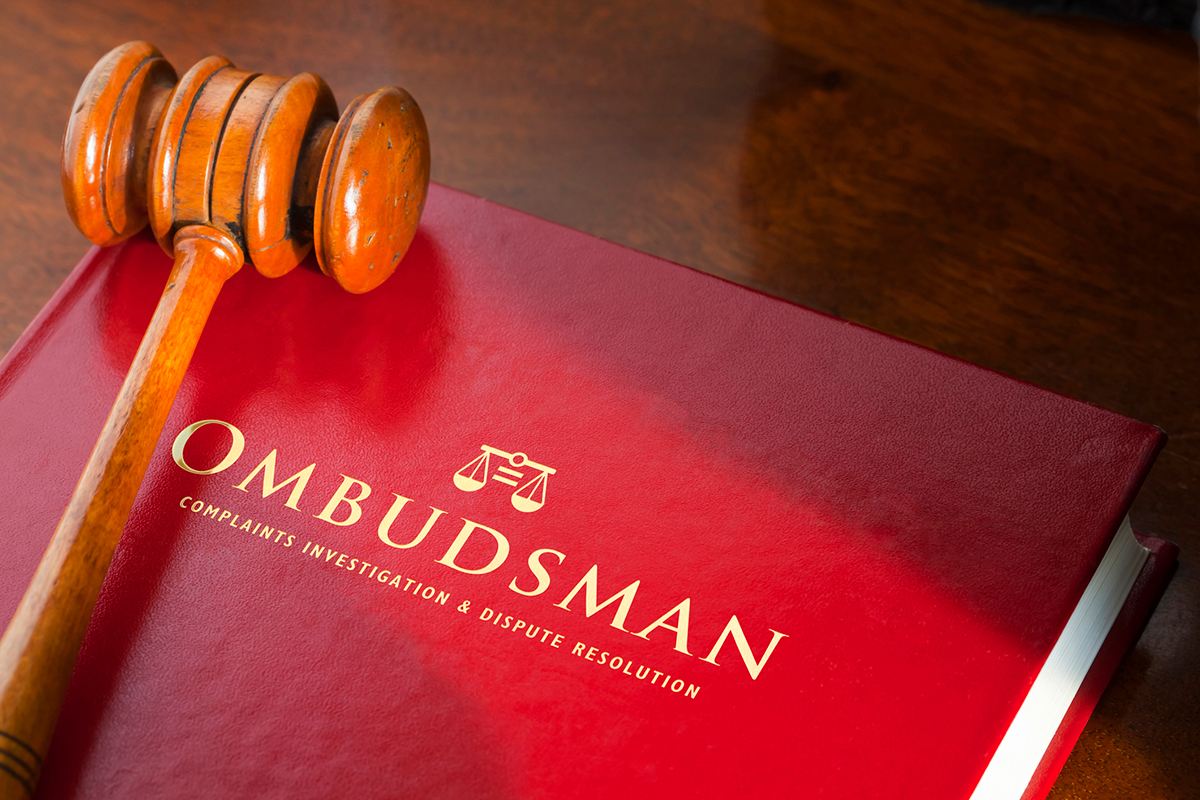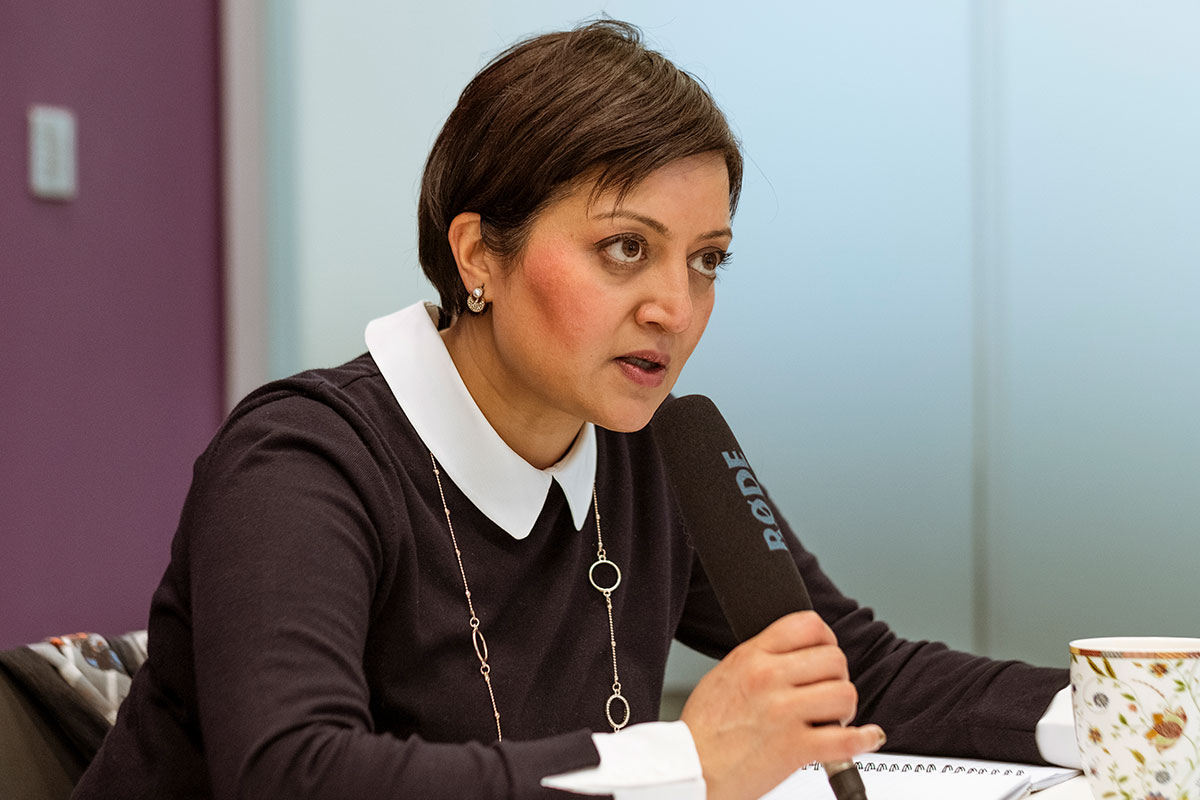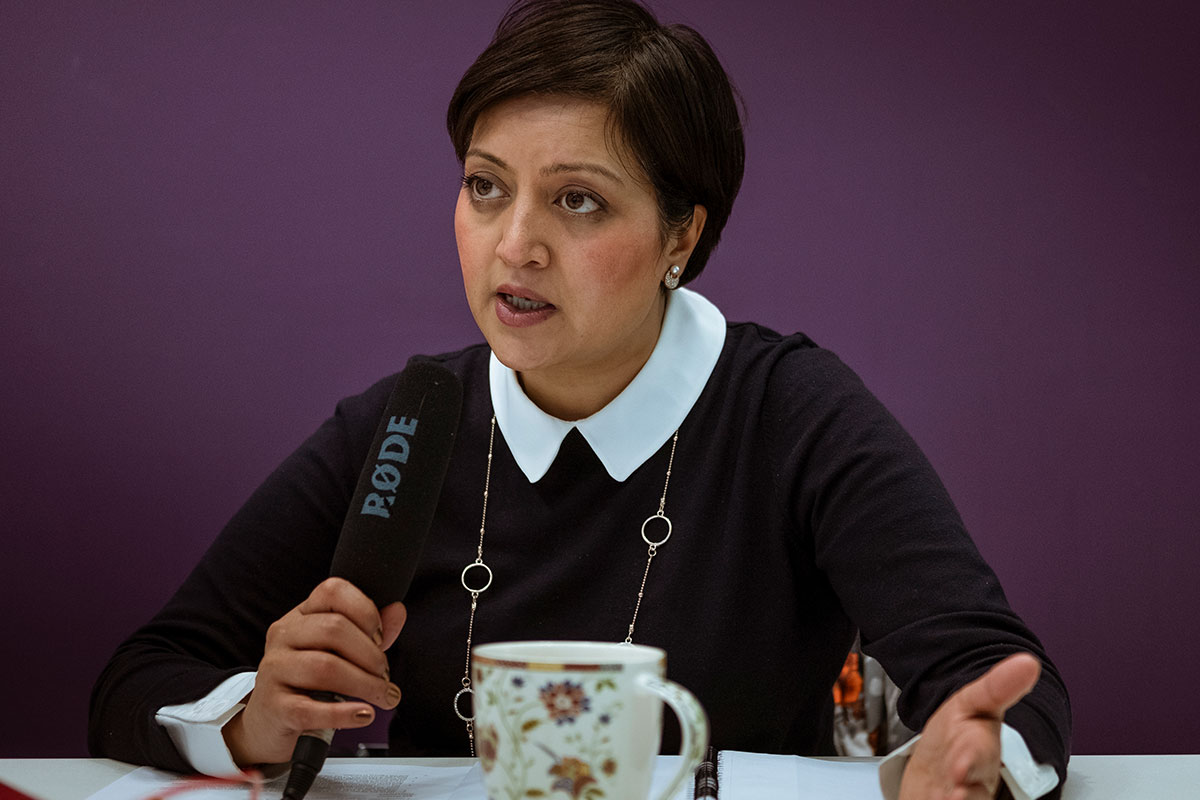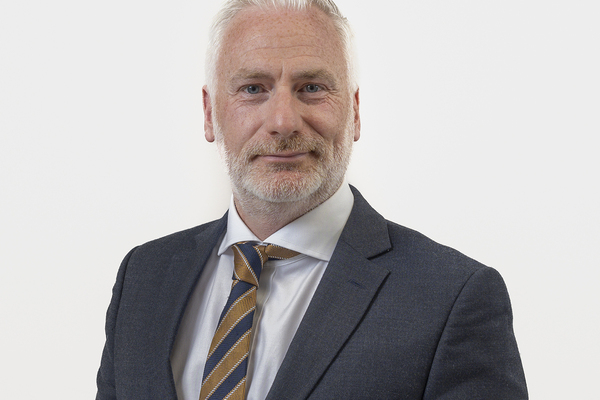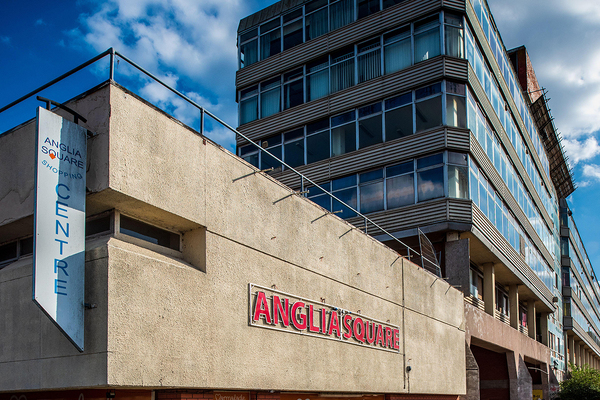You are viewing 1 of your 1 free articles
East End promise: an interview with Newham mayor Rokhsana Fiaz
Newham’s new mayor has a tough job on her hands to tackle some of the country’s worst housing deprivation. Peter Apps finds out how she plans to do it. Photography by Peter Searle
By several measures, the east London borough of Newham has the worst housing crisis in the UK.
It has the largest gap in the country between the social housing that becomes available each year (588 homes) and the number of families waiting for it (25,729). One in 25 people in the borough are homeless, the highest proportion in the country.
It also has the highest number of households in temporary accommodation (4,949; the next closest is Enfield with 3,466). There are a total of 7,515 children in temporary accommodation within Newham’s 36 square kilometres, compared with 4,920 across the 40,000 square kilometres that make up the entire North of England.
Since last May, for the first time in 23 years, someone different has had the responsibility for turning the borough’s housing situation around. Newham’s new mayor is Rokhsana Fiaz, a first-generation daughter of Pakistani parents and a lifelong East Ender.
Ms Fiaz is determined to make a difference. She is all too familiar with the traumas of life in temporary housing in Newham
Ms Fiaz is far from the archetype of an aloof, out-of-touch political leader. As we settle down to start the interview she makes her own tea and chats with Inside Housing about growing up in the borough.
Indeed, that upbringing is one of the reasons Ms Fiaz is determined to make a difference. She is all too familiar with the traumas of life in temporary housing in Newham. When she was 21, her family found itself in the temporary accommodation system after her father remortgaged their home and then ran into financial difficulties.
“We had several years living in temporary accommodation while the family rebuilt,” she tells Inside Housing. “I was fortunate not to be bounced around in temporary accommodation like many are, but I know this for sure: the impact of losing your home and being homeless can be very destabilising because it doesn’t provide a sense of security to map out your future.”
As mayor, Ms Fiaz’s top priority is to help the families that find themselves in this position. She references the case of 11-year-old Ruby*, the daughter of a woman who arrived at her mayoral surgery recently “in a desperate state” because she faced being moved to a home outside the borough. A local home was found for them, but there are many others who are not so lucky.
“That is just one home, for one family, out of a sea of thousands and thousands,” says Ms Fiaz. “They should be able to at least have some security that they have a roof over their heads, that they are not having to listen to their parents arguing, and can just focus on the things that young people should focus on and not worry that the week after next, when they get home, their mother will be ready to take them to a hotel or a friend’s house to sleep on the sofa.”
Her answer? To build thousands of council-owned homes for social rent. This is something for which campaigners and commentators have been calling for years – but others have warned that it is impossible to do so in the current funding climate. Ms Fiaz is undeterred. “This administration is about pursuing what was thought of as impossible and making it possible,” she declares. “There are too many Rubys in this borough.”
While recent history is against her (in 2017/18, just 16 homes for social rent were built in Newham and just 157 have been added to the borough’s stock in the past three years), Ms Fiaz believes the policy climate is turning.
First, the latest grant programme from London mayor Sadiq Khan is funding homes at close to social rent levels in London for the first time since 2010.
In October, Newham received the largest allocation: £107.5m to build 1,123 homes by 2022, of which 1,056 will be at effectively social rents and all of which will be delivered directly by the council.
Perhaps more significantly, Theresa May’s surprise decision to remove the cap on council borrowing in October means Newham can start cranking up a development programme of its own.
In this regard, it has a huge advantage over housing associations in making the financial model for social rent stand up: access to land.
“We have enough [undeveloped] land in Newham that we own ourselves that we could build 36,000 housing units,” Ms Fiaz says.
There are still challenges, however. The Right to Buy, for example, has deprived the borough of some 14,000 council homes since its launch in the 1980s and 1,218 since it was revamped in 2012.
Ms Fiaz reveals her frustration about this, especially given that she says the system is being abused by private landlords, with former council homes appearing on Newham’s register of privately rented homes just days after they are sold by the council. Given its obvious need, why has Newham not done more to build homes for its giant waiting list in the past? Ms Fiaz doesn’t pull her punches: “[The] political appetite to push it has not been there.”
Ms Fiaz’s predecessor, Sir Robin Wales, had run the council since 1995 and been mayor since 2002. While both are Labour politicians, Sir Robin comes from the right of the party and Ms Fiaz, a lifelong trade unionist and anti-racism campaigner, comes from its left. “The ideological difference between my predecessor and I is that [Sir Robin’s] way of thinking was limited in ambition whereas I believe, simply put, as someone who has grown up in the borough, that if you want to make a change in the world, anything is possible,” she says.
And there are already practical policy examples of this difference. One is Red Door Ventures, a company set up under Sir Robin. It was established to build private rented homes, partly to provide housing but also to generate a return for the council. Ms Fiaz looks at this project differently.
“The homes being planned by Red Door Ventures were out of reach for a number of Newham residents,” she says. “We’re reshaping it. [Red Door] has now moved from being a vehicle through which the council can generate income, to [what] it should have been from the outset – [one] for delivering genuinely affordable homes for residents.”
She says the projects it is working on will be reappraised to build social rent homes instead.
The controversial regeneration of the Carpenters Estate in Stratford is another example of the new broom in action. The estate has been earmarked for demolition for years. Many of the residents have been cleared out and hundreds of homes sit empty as a result. The plans led to an angry tussle between Sir Robin’s administration and residents’ groups – which hit national headlines when comedian and campaigner Russell Brand took an interest in 2014.
Since her election, Ms Fiaz has met with residents and promised to ditch plans for a joint venture with the private sector to rebuild the estate.
“Residents were absolutely right to feel let down and neglected by the council, because the situation was mishandled, badly,” she says. “I met with them before Christmas. It was in advance of another report and my opening lines were, ‘I do not expect you to trust me’.
"I told them: the joint venture proposals which the previous administration was intending to railroad through you are going to stop.”
Ms Fiaz promises that residents of the estate will lead the new plans for regeneration and – as now required by the Greater London Authority – there will be ballots before any new action is taken.
The rise of a left-wing Labour leader to displace a long-standing mayor from the right of the party, with the background of an unpopular estate regeneration in the wings, has led to some comparisons with the ousting of Haringey Council’s ruling Labour group by activists supported by Momentum, the grassroots campaign that supports Jeremy Corbyn.
While Ms Fiaz is pro-Corbyn, she has distanced herself from being a ‘Momentum’ candidate. “I will not jeopardise the future of this council for any ideological position,” she told the Evening Standard last March.
That determination is obvious when talking to Ms Fiaz. Before we begin the interview, with the dictaphone off, she is jovial and good humoured and seems far younger than her 48 years. But with the mic on, her voice changes and her language toughens to match her ideas. Asked what her message is to housing associations and developers which want to build in Newham but don’t want to get on board with her ultimate goal – that 50% of all homes built should be for social rent – she is uncompromising.
“Communities out there look at these buildings being erected, which are so far from what they earn that they rightly ask what on Earth is going on here, why are these developments being allowed to emerge in our neighbourhoods when we can’t afford to buy them?” she says.
"If you don’t want to be part of this new story about housebuilding in this country where councils are in the driving seat, that’s fine – you can go elsewhere”
“We are beginning to tear up the orthodoxy book that has very much framed the approach to housebuilding and housing delivery for the past couple of decades because it is just simply not sustainable. If you don’t want to be part of this new story about housebuilding in this country where councils are in the driving seat, that’s fine – you can go elsewhere because I’m only interested in working with developers and partners who want to be on the right side of history.”
Ms Fiaz is trying to make history in Newham. And if she succeeds in
getting a generation of its children out of temporary accommodation and into their own homes, then history is exactly what she will make.
* Name has been changed
